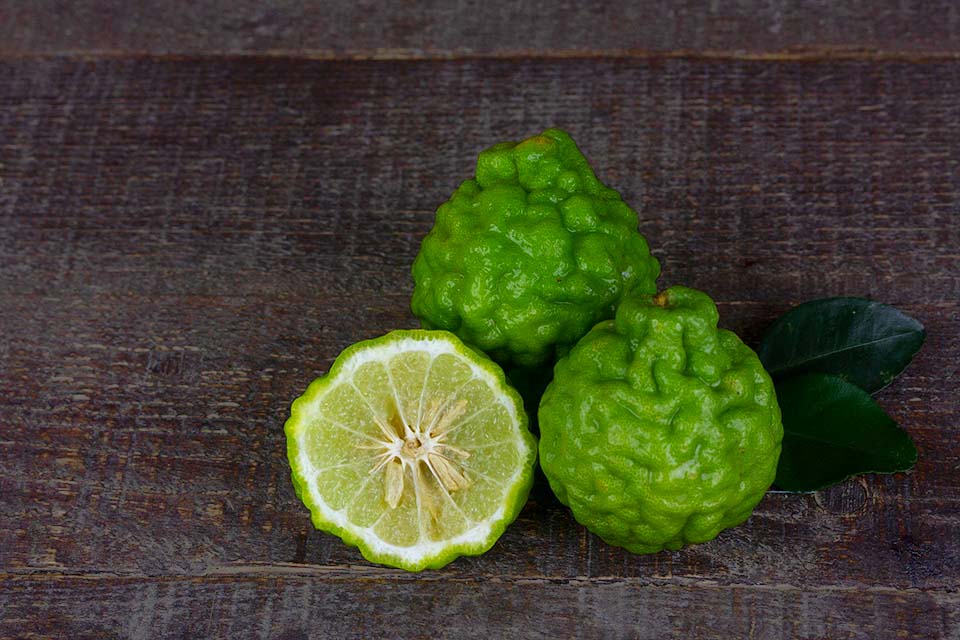When life gives you bergamot, you get more than just a fragrant citrus—you get a natural remedy packed with science-backed health benefits. Known for its distinctive floral aroma and tart flavor, bergamot (Citrus bergamia) is a unique citrus fruit native to Southern Italy. Beyond its starring role in Earl Grey tea, bergamot boasts powerful antioxidant, mood-enhancing, and infection-fighting properties.
Let’s dive into why this citrus gem deserves a spot in your wellness routine.
1. Antioxidant Powerhouse: Fights Free Radicals & Inflammation
Bergamot is loaded with flavonoids (like neoeriocitrin, naringin, and hesperidin) and vitamin C, making it a stronger antioxidant than many other citrus fruits. These compounds help:
- Neutralize free radicals, reducing oxidative stress linked to aging and chronic diseases.
- Lower inflammation, potentially protecting against heart disease, diabetes, and arthritis.
- Support liver health by enhancing detoxification enzymes.
Fun fact: Bergamot peel contains even more antioxidants than the juice—try zesting it into teas or dishes!
2. Natural Antidepressant & Stress Reliever
Bergamot’s uplifting citrus scent isn’t just pleasant—it’s clinically proven to influence mood. Studies show that:
- Aromatherapy with bergamot oil reduces anxiety, cortisol levels, and symptoms of depression.
- Its limonene and linalool compounds activate serotonin and dopamine pathways, promoting relaxation.
- Drinking bergamot-infused tea may help combat seasonal affective disorder (SAD) and improve mental clarity.
Tip: Diffuse bergamot essential oil or inhale its aroma for instant calm.
3. Antibacterial & Antiviral Effects
Bergamot has been used in traditional medicine to fight infections—and modern science backs this up:
- Its essential oil kills harmful bacteria (like E. coli and Staphylococcus) and even some antibiotic-resistant strains.
- Shows antiviral activity against herpes simplex and influenza viruses.
- Used in natural disinfectants and oral care products for its germ-fighting properties.
Bonus: A drop of diluted bergamot oil can help treat acne thanks to its antibacterial and anti-inflammatory effects.
4. Supports Heart Health & Cholesterol Levels
Bergamot is one of the few citrus fruits with brutieridin and melitidin, compounds that mimic statins (cholesterol-lowering drugs). Research suggests it:
- Lowers LDL (“bad”) cholesterol and raises HDL (“good”) cholesterol.
- Reduces arterial plaque buildup, improving circulation.
- Helps regulate blood sugar, benefiting metabolic health.
Try this: Drink bergamot tea daily or take a bergamot extract supplement (under medical guidance) for cardiovascular support.
5. Aids Digestion & Gut Health
Bergamot stimulates digestive enzymes and has been used to:
- Relieve indigestion, bloating, and IBS symptoms.
- Act as a mild laxative for constipation relief.
- Support gut microbiome balance with its antimicrobial properties.
How to Use Bergamot for Maximum Benefits
- Earl Grey tea – The easiest way to enjoy bergamot daily.
- Essential oil – Use in diffusers, skincare (diluted), or homemade cleaners.
- Fresh bergamot juice/zest – Add to salad dressings, desserts, or smoothies.
- Supplements – Bergamot polyphenol extracts for heart and metabolic health.
Caution: Bergamot oil can increase sun sensitivity—avoid direct sunlight after topical use.

Bergamot is far more than a flavoring—it’s a multifunctional super-citrus with proven benefits for mood, heart health, immunity, and skin. Whether you sip it, smell it, or apply it, this Mediterranean treasure is a natural way to boost well-being.
Have you tried bergamot? Share your favorite use in the comments! 🌿🍊
Loved this post?
Follow for more natural health insights!
#BergamotBenefits #NaturalRemedies

